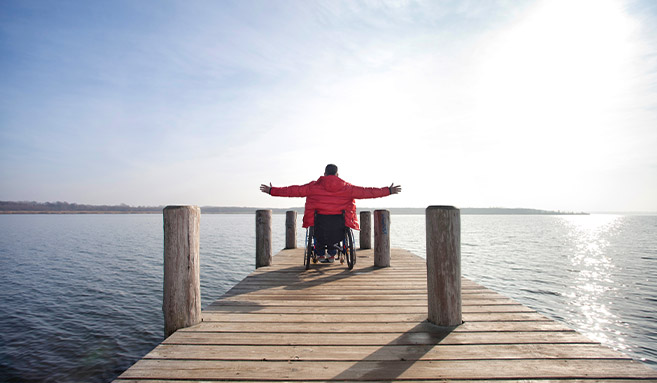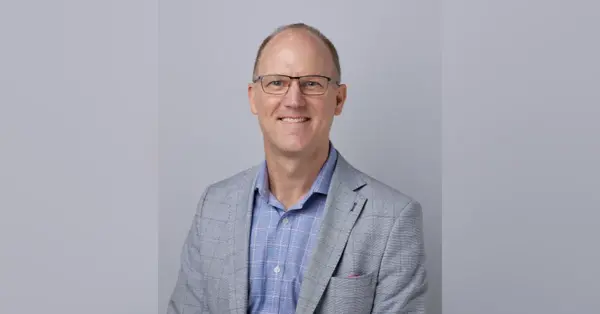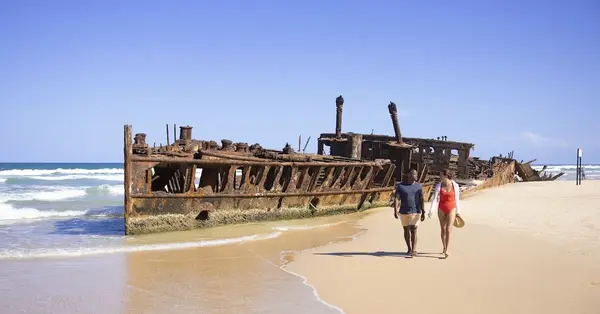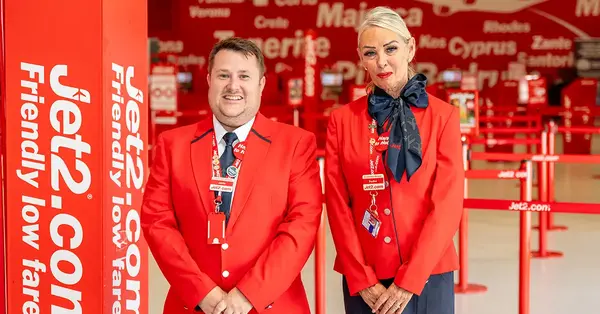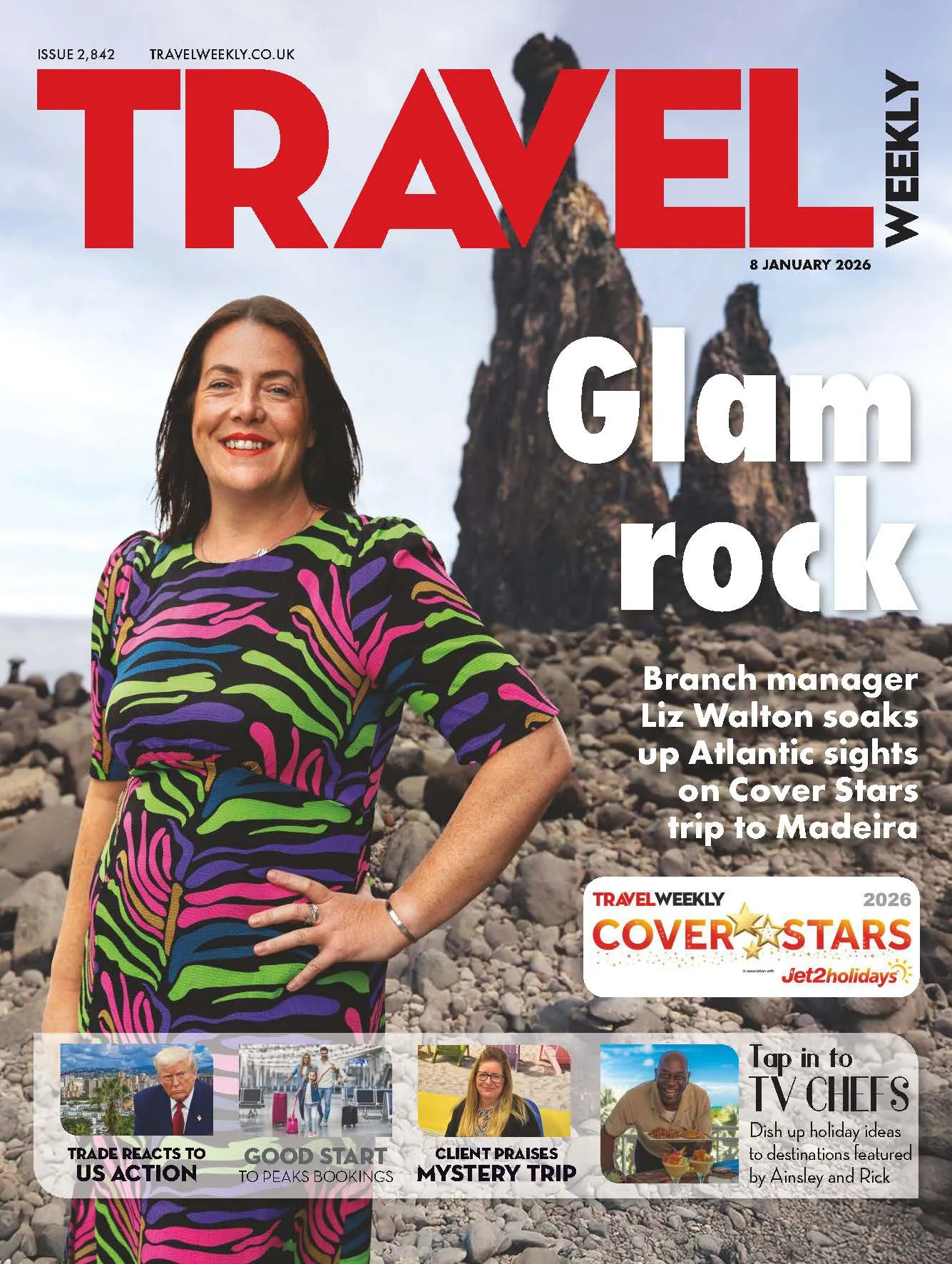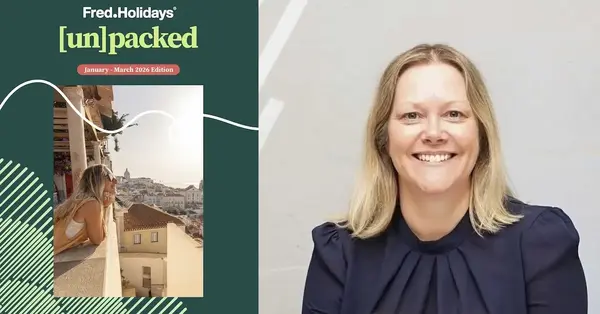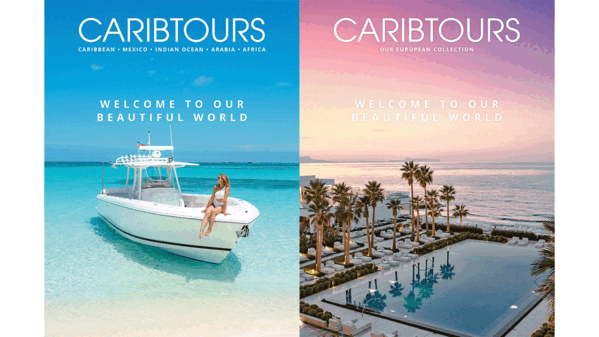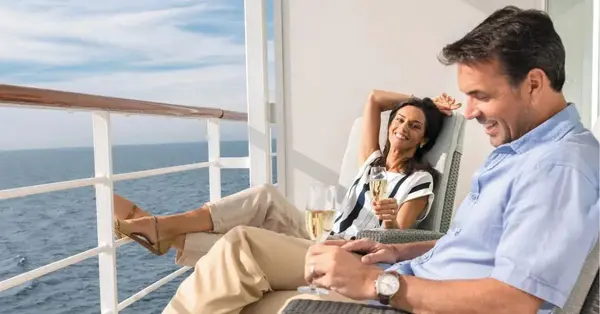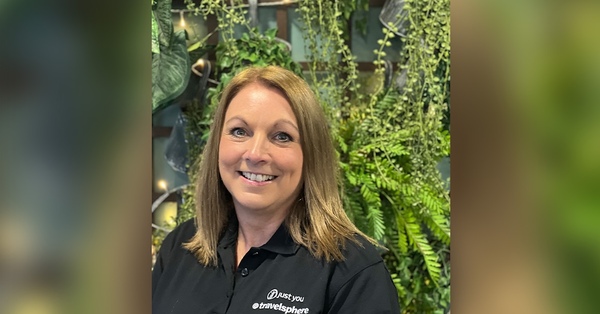You are viewing 1 of your 2 free articles
Agents call for ‘one-stop shop’ for accessible travel information
By Samantha Mayling and Juliet Dennis
The trade has called for a one-stop shop on accessible travel information plus training and advice on selling accessible holidays.
Specialists say not enough is being done to ensure agents promote and can easily book holidays for customers with disabilities or mobility needs.
The call comes amid reports that demand for accessible holidays is on the rise. Ponders Travel managing director Clare Dudley notes "an increase in the number of customers with accessibility requirements”, saying agents "must listen to clients with special needs”.
Harry Wales, a homeworker with Travelosophers, also noted increased demand, saying: "I have seen an increase in customers asking for additional help when travelling, and there is a rising number of individuals with age-related disabilities or mobility issues that are now turning to a more accessible way to travel.
More: Special Report: Moving to make travel more accessible
"It is very difficult to find the right type of product; no two disabilities are ever the same, so it does always vary depending on the individual. If you haven't experienced it or nowhere to look, it can be such a challenging and daunting experience.”
He suggests an online information directory is needed, saying: "Information should be at agents' fingertips. It's time we had a one-stop shop where every accessible hotel is featured. This could help agents who fear this type of booking.”
Amar Latif, founder of Traveleyes, which specialises in holidays for the partially sighted, agreed: "The industry still has a lot to do.”
He noted: "People often think of accessibility as people in wheelchairs, but the needs of someone who is blind are so different. Blind people don't have issues with steps in hotels and don't need to be in ‘disabled' rooms. But we need to be able to access the air conditioning and TV in our room. Independence is what disabled people want.”
Travel firms should "look at their service”, he said, adding: "It's important they ask: ‘Can someone blind travel with us? Can someone with a wheelchair access our buildings?'”
Ocean Holidays co-chief executive Harry Hastings, whose company has booked accessible holidays worth £5 million since last November, agreed: "When somebody comes with additional needs, [many in the trade] don't know how to provide the right service. We need to remove the fear.”
Hastings added that additional effort needed for bookings was often rewarded, with conversion rates four times higher than for enquiries without specific needs.
Ben Kirby, general manager of specialist tour operator Enable Holidays, urged mainstream agents to book with companies with expertise in the sector as they can help with a wide range of enquiries.
"Some of the difficulty is agent training; they tend to shy away from discussing the needs of customers – we offer to do that for agents,” he said.
"One size does not fit all, so you need to discuss what the clients' needs are and the needs of other people in the party.”
Julie Painter, a Personal Travel Consultant with Hays Travel, has travelled extensively with her son (26), who is autistic with learning disabilities and severe anxiety.
"Special needs, especially hidden disability diagnoses, are on the rise…but I do feel the travel industry is still not quite there yet,” she said.
"Some tour operators do offer the right product but market it in the wrong way and do not spread the message correctly.
"It would be great, from an agents' point of view, if all the tour operators and tour companies had a specific page on their website for special assistance…covering everything from arriving at the airport to landing back home again in the UK to assist us with a broad range of disabilities (physical and cognitive) and everything they offer that would definitely help.”
Richard Thompson, co-founder and chief executive of Inclu Travel, agreed more training and ‘one-stop shops' were required.
Agent Jon Fletcher, founder of The Wheelie Good Travel Company, added: "There is very little training out there. When there are conferences about accessibility, few people on the panel have a disability.”
He added: "More and more hotels are beginning to realise the commercial benefits of attracting disabled clients, it makes commercial sense – one in five people have some form of disability or neurodiversity.”
He highlighted Hotel Brooklyn, a Bespoke Hotels brand, and Premier Inn, as good examples, plus Virgin Voyages in the cruise sector.
"The travel industry in general is beginning to wake up to this sizeable niche,” he added.
Fletcher also questioned the value of a Civil Aviation Authority consultation, saying it was "lots of nice words but no timescales or firm commitments”.
The CAA is consulting on proposals to improve airline accessibility in line with requirements introduced for UK airports in 2014. The consultation ends next week. CAA research last October found those with disabilities were slower to resume flying post-pandemic than those without.
In a letter to airport chiefs in June last year, the CAA noted "a dip in performance” on providing assistance. A CAA report in December on the busiest airports singled out Luton as "poor”, noting it "failed to reach performance targets, failed to improve [and] failed to record accurate data”.
Eight airports were ranked ‘good' or ‘very good'. Heathrow, Gatwick, Stansted and Manchester were identified to have "struggled over spring and early summer”.

